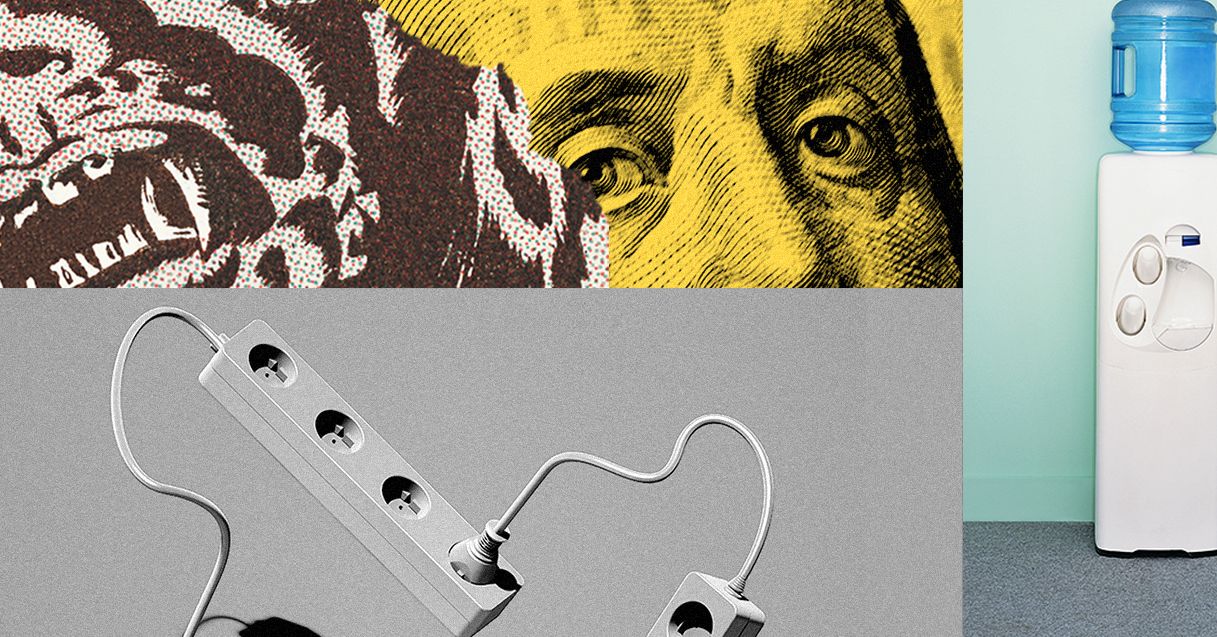Venus is an example of how things can go wrong. Studies suggest it was once a habitable planet for around 2 billion years.

NASA Climate Modeling Suggests Venus May Have Been Habitable - NASA
Venus may have had a shallow liquid-water ocean and habitable surface temperatures for up to 2 billion years of its early history, according to computerwww.nasa.gov
Between 700 and 750 million years ago, a near-global resurfacing event triggered the release of carbon dioxide from rock on the planet, which transformed its climate.

Venus was potentially habitable until a mysterious event happened | CNN
Venus likely maintained stable temperatures and hosted liquid water for billions of years before an event triggered drastic changes in the planet, according to a new study.edition.cnn.com
In addition, according to a study from researchers at the University of California, Riverside, Venus would be able to support life if Jupiter hadn't altered its orbit around the Sun.

Venus isn't habitable -- and it could be all Jupiter's fault | CNN
Venus was once a planet not too dissimilar to Earth, and if Jupiter hadn't altered its orbit around the sun, it might have been able to support life, according to researchers.edition.cnn.com
By releasing tons of Carbon dioxide every hear, we are heading to a fate that befell venus
Big difference is here it’s mostly from Human Nature over just the past 200 years.






